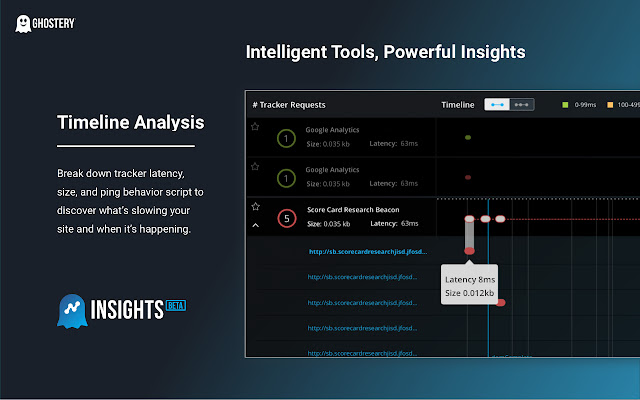
Tax and Regulatory Implications of Trading with Instant Funding
"Trade fast, think smart — because the taxman doesn’t care how quickly you entered the market."
The rise of instant funding in prop trading is changing the way traders approach the markets. We’re talking about a world where you can bypass weeks of waiting for capital approval and jump into trading forex, stocks, crypto, indices, options, or commodities — all in a single afternoon. Sounds liberating, right? It is… until you face the reality of tax reporting, regulatory obligations, and a set of rules that can be as complex as the markets themselves.
The New Age of Instant Funding in Prop Trading
Instant funding programs are like the fast pass at an amusement park. Instead of grinding through small accounts or endless demo periods, traders can get direct access to significant capital and start chasing opportunities right away. This approach is addictive for modern traders, especially with volatile assets like crypto and commodities where minutes can mean serious money.
Compared to old-school funding models, instant funding shifts the responsibility: you’re not just trading for yourself — you’re operating within a regulatory framework that affects the firm and your payout structure. This adds a layer of legal and tax considerations you can’t afford to ignore.
Tax Implications: More Than Just Filing a Form
In the U.S., the IRS treats your trading income based on the structure of your agreement. If you’re an independent contractor with a prop firm, you’ll likely receive a 1099 form, meaning you’re responsible for self-employment tax on top of income tax. Traders in other jurisdictions face similar rules — often with surprise liabilities if they dont keep good records.
One real-life example: a trader who booked $80,000 in profits through a prop firm found themselves owing more than 30% in combined state and federal taxes because they hadn’t set aside enough during the year. The lesson? Trading fast is great; failing to plan for taxes is financial self-sabotage.
For cross-border traders, things get spicier. A U.K. trader working with a U.S.-based firm might need to report income in both countries, navigating double taxation treaties to avoid paying twice. This complexity makes having a tax professional less of a luxury and more of a cost of doing business.
Regulatory Landscape: The Gray Zones
Trading under a prop firm’s license doesn’t mean you’re free from compliance. Regulatory oversight varies dramatically — forex and derivatives might fall under the CFTC or FCA, equities under the SEC, and crypto under evolving patchworks of rules worldwide.
The challenge with instant funding is that speed can sometimes bypass discipline. A firm eager to scale quickly may overlook proper KYC or AML protocols, but if their compliance slips, it can quickly become your problem. Traders tied to a non-compliant firm could face frozen payouts or even legal scrutiny.
Advantages That Keep Traders Hooked
Multi-Asset Opportunities – Instant access capital means you can flip between forex in the London session, U.S. equities at the open, and crypto after dinner without the constant constraint of a small account.
Skill Acceleration – When the pressure is real, so is the learning curve. Instant funding forces you into real market psychology much faster than a demo account ever could.
Decentralized Options – With DeFi’s expansion, peer-to-peer funding pools could soon provide instant trading capital via smart contracts. Imagine collateral locked in a blockchain-based agreement, releasing profits directly to your wallet without traditional intermediaries.
The Bumps on the Road
Like all exciting new tools, instant funding carries its own hazards. DeFi-enabled prop models face regulatory pushback because authorities aren’t fans of capital moving anonymously. Smart contracts can automate deal terms, but they can’t replace human judgment — or shield you from hacks and exploits. AI-driven trading sounds like the future, but bad data in means bad trades out.
Strategies for Staying Ahead
- Keep Detailed Records: Screenshots, statements, payout reports — these aren’t just for your archives, they’re your defense in an audit.
- Work with Tax-Savvy Professionals: The fee is nothing compared to a penalty notice.
- Understand Your Firm’s Legal Standing: If they can’t explain their regulatory coverage in plain English, walk away.
- Diversify Asset Classes: Instant funding lets you spread risk — don’t glue yourself to a single market.
Where This Is Heading
The next phase of instant funding and prop trading will be hybrid: part centralized oversight for compliance, part decentralized smart-contract execution for speed and trust. AI will handle real-time compliance checks as trades are made, potentially cutting down both fraud and red tape.
For traders ready to balance opportunity with responsibility, these systems could mean faster payouts, fewer disputes, and wider access to global markets. Firms that nail the tax and regulatory side will attract the best talent — and keep it.
"Trade with speed, stay within the rules, and let your strategy — not your tax bill — set your limits."

